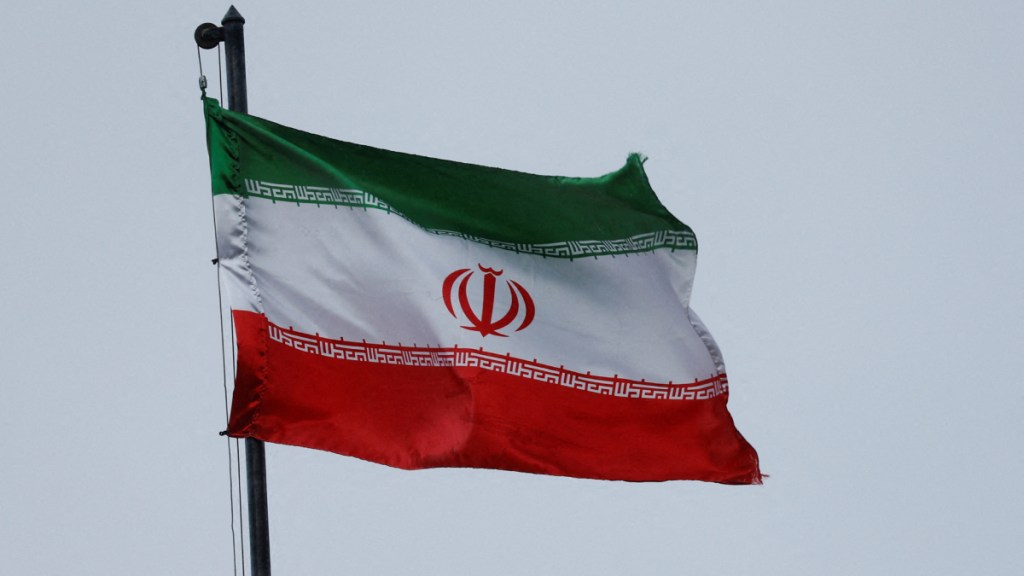By Anjali
Iran’s lithium discovery has opened avenues for new investment in the country but the regional rivalry, its nuclear ambitions and sanctions shackles Iran which leaves China as the best option for venturing into Iran’s lithium sector.
Iran has been under US sanctions since the year 2005 due to its covert mission to develop nuclear weapons. The economic sanctions have derailed the Iranian economy despite its abundance in oil and gas. The pariah regime has been alienated systemically by the US and the West. But, the recent discovery of lithium reserves in Iranian soil have rekindled the prospects of Iran’s rehabilitation in the global supply chain. The discovery is significant because this rare earth element, also called the white gold, is of paramount importance in the electric vehicles industry. Since this mineral is significant for green energy growth, it makes it even more strategic.
Iran’s minister of Industry, Ibrahim Ali Molabeigi had stated that the “discovery of the first lithium reserve estimated to be 8.8 million tonnes of lithium carbonate equivalent (LCE) in Hamedan province”. This accounts for the world’s second largest deposits of lithium after Chile. Mohammad-Hadi Ahmadi, the deputy head of the Ministry of Industry, Mining, and Trade Department in Hamedan had announced “Iran will be able to extract lithium from two newly-discovered lithium deposits in the next two years”. He added that the discovery took almost four years.
This could be a breakthrough moment to instil life into the crumbling economy of Iran. The strategic importance of lithium could be manoeuvred by using it as a tool to lift sanctions and attract Foreign Direct Investment. Currently, the EU is highly dependent on China for the supply of rare earth minerals and is keenly looking for new suppliers. Iran could be the new player in this field. Moreover, the recent de facto deal between Iran and USA is likely to dilute the sanctions and tone down the tensions between both the countries which might allow Iran to take help from the USA in the lithium venture. In addition, the rapprochement between Iran and Saudi Arabia brokered by China has been a push to renew the diplomatic ties between the regional rivals. Since Iran is in dire need of investment and Saudi Arabia is making leaps towards its Vision 2030, Iran’s mining sector could be a possible area of cooperation which can be a win-win situation for both. Therefore, the timeline of lithium discovery, hush hush agreement with USA and peace deal between Saudi Arabia and Iran is coinciding perfectly in Iran’s favour to develop its niche in the electronics industry which was hitherto not possible due to US sanctions.
Another factor which comes into play is that in recent times the geopolitical cynosure has shifted from the Middle East to the Indo-Pacific where US and its allies are at loggerheads with China in order to counter its revisionist aims. Lithium discovery in Iran could revive the receding attention in the Middle East, as it becomes the first Middle East country to announce the existence of lithium in its territory thereby inviting the countries of the world for investment in its mining industry.
Iran is a mineral rich country, home to approximately 7% of the world’s mineral reserves. Lithium comes as a new addition in the pile of minerals. With regard to lithium, there are high hopes in the country that the newly discovered mineral will become a source of revenue and generate new employment opportunities for the country that is in doldrums. But, Iran’s mining industry is still in the nascent stage to utilize the full potential of its natural resources due to lack of experts and required machinery. The ministry of Industries, Mining and Trade have indicated that “it is currently studying technological capacities in two counties as part of efforts to start up the mines through a partnership with private investors”. However, amassing FDI will not be a cakewalk for such an authoritarian country which has a track record of human right abuses and is still partially under sanctions. “Energy and infrastructure costs are particularly high, and there’s no foreign direct investments to support the Iranian mining sector,” said Raphaël Danino-Perraud, research fellow at the French Institute for International Relations (IFRI).
Further, Iran’s clandestine nuclear ambitions have marred its development for more than a decade. Such actions of Iran are likely going to thwart investment in the lithium mining as the West still looks at Iran with suspicion. Besides, critics have opined that chances of Saudi-Iran cooperation are bleak. The trust deficit between both the countries is likely to overrule the partnership. The on-going re-emergence of Al-Durra gas field dispute between Saudi Arabia and Kuwait on the one hand and Iran on the other, has unleashed the fragility of normalization.
Another issue is that both the techniques of extraction, ore mining and brine extraction are inconsistent with the goals of sustainable development. Adding to the problem, the extraction process of lithium is expensive and time-consuming. Iran cannot accomplish this task on its own, it requires investment from other countries to extract lithium and process it. China seems the best possible option for Iran since China is the largest consumer of lithium in the world and has largest lithium refineries. Moreover, Iran and China already have amicable relations and since China has a non-interference policy in the domestic affairs of other countries, it remains unbothered about the autocratic tendencies of Iran. Apart from this, both the countries signed a 25 years cooperation agreement in 2021.
The author has completed her Masters in International Relations and Area Studies from Jawaharlal Nehru University, New Delhi. Her interest lies in geopolitics of Middle East and North Africa with special focus on Israel’s domestic politics and its foreign policy. Currently, she is working as a geopolitical risk intern.
Disclaimer: Views expressed are personal and do not reflect the official position or policy of Financial Express Online. Reproducing this content without permission is prohibited.
